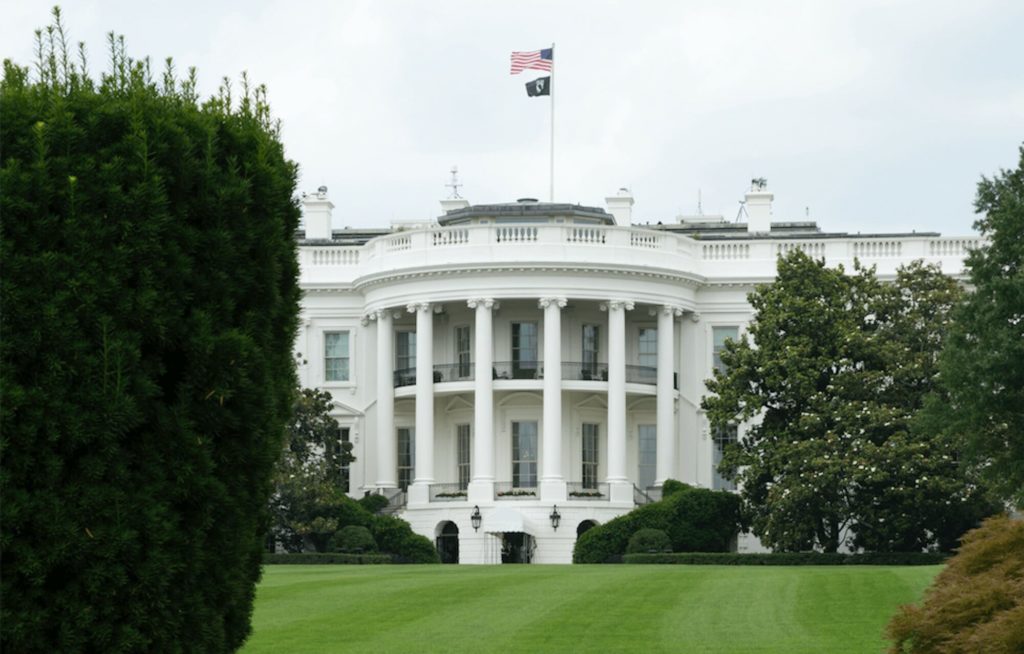
vice president of people.
According to the Kaiser Family Foundation, America’s long-term care community — including assisted living facilities, nursing homes and other organizations offering senior care — was especially devastated by COVID-19. This resulted in more than 180,000 residential deaths and infection rates spreading across 1.4 million individuals.
With the recent developments of COVID-19 and the rapid spread of the new delta variant, it’s essential for companies to start asking questions such as: How can we best protect our staff? Should vaccinations be mandatory for employees? When is the right time to implement this mandate, if not now?
A growing trend
Over the last few months, we’ve seen many healthcare entities follow suit in establishing vaccination mandates within their workplace communities. As many facilities begin to enforce vaccination from their employees, the new requirement comes with potential workplace penalties should workers not comply, including termination of employment. For example, Aegis Living, a company that specializes in senior assisted living and memory care, has carried out an eight-week vaccination deadline for employees to abide by unless exempt by valid medical or religious reasons. Additionally, in late July, the Department of Veteran Affairs announced its coronavirus vaccine mandate for their front-line workers, making it the first federal agency to initiate momentum in the direction of vaccine mandates within the workplace.
This is quite the leap from April, when home care workers reported a hard time getting access to vaccinations despite day-to-day duties and interactions with vulnerable patients. Fast forward to today: COVID-19 vaccination mandates have rapidly been adopted by long-term care operators and are only projected to increase throughout the sector of home care. Many healthcare providers believe it’s their ethical obligation to require vaccinations for anyone working with exposed patients in a hospital or healthcare facility. For frontline workers, it’s a no-brainer that they should mitigate the risk of potentially infecting patients with disease.
Many long-term and home care providers evidently agree and took action by implementing companywide vaccine mandates earlier this year. For example, Southeast Alaska Regional Health Consortium, or SEARHC, announced its mandate is to be adopted by their 20+ facilities by June 2021. Additionally, Hartford HealthCare, an integrated healthcare system consisting of 33,000 colleagues and a medical staff of 4,000 providers, followed suit establishing a September deadline for nonexempt staff. Both establishments reported significant staff uptake rates as they approach vaccination deadlines.
Tough choice
That being said, while many healthcare facilities continue to implement COVID-19 vaccination mandates, the choice isn’t easy. Implementing such a requirement comes with the likelihood to cause trouble within the workplace, such as creating grounds for termination or rebuttal by legal action. It’s understood that agencies, especially those specializing in home care that encounter vulnerable patients on a daily basis, are eager to protect their staff and clients by vaccinating caregivers as quickly and safely as possible, but it’s also understood that it raises concerns as far as whether it’s the most ideal path to pursue. Concerns including the legality, and even potential ramifications of what might follow, have left a lot of agencies scurrying for answers on best practices in how to proceed during these unprecedented times.
As most home care agencies are unique to their own grounds of practice, it’s important for each institution to collaborate with their respective legal counsels in order to accurately assess each circumstance.
TigerConnect’s strategy
Though we’re still in uncharted territory and the current pandemic situation is constantly evolving, it’s important to develop hybrid or “return to the office” plans that incorporate employee voice. That’s exactly what we’re doing here at TigerConnect with our Return-to-Work Pilot Program. Essentially, this “test program” is designed to allow fully vaccinated employees to return to headquarters at varying frequencies, keeping total office capacity at 25%. TigerConnect implemented this program due to substantial feedback following the pandemic where 59% of employees who were in the office pre-COVID said they wanted to be in the office part-time, every week. This thoughtfully crafted plan was curated to allow the majority of employees to do just that.
When making the decision, to mandate vaccines or not, a crucial first step should be communication. With so much buzz around the vaccines, long-term and home care providers and their workers are bound to have opinions that deserve to be heard. Especially when working with a vulnerable community of patients, vaccine mandates are viewed as necessary, but still a risk. Employers should take all these factors into account and work with their employees to instill the right implementation of a mandate and make sure the why behind requiring vaccination is understood.
As we continue to make headway through the pandemic and what’s to come, there’s one understanding that long-term healthcare providers seem to be in agreement on: foremost, providing patient safety and protection — no matter the cost.
Allie Hanegan is TigerConnect’s senior vice president of people. She brings 15 years of experience building high-performing organizations at fast-growing technology companies. At TigerConnect she oversees talent strategy, talent acquisition, learning and culture development. Prior to TigerConnect, Allie led Global Human Resources for Expedia’s corporate travel business, which consisted of 4,000 employees across 16 countries.
This article originally appeared on McKnight's Senior Living



